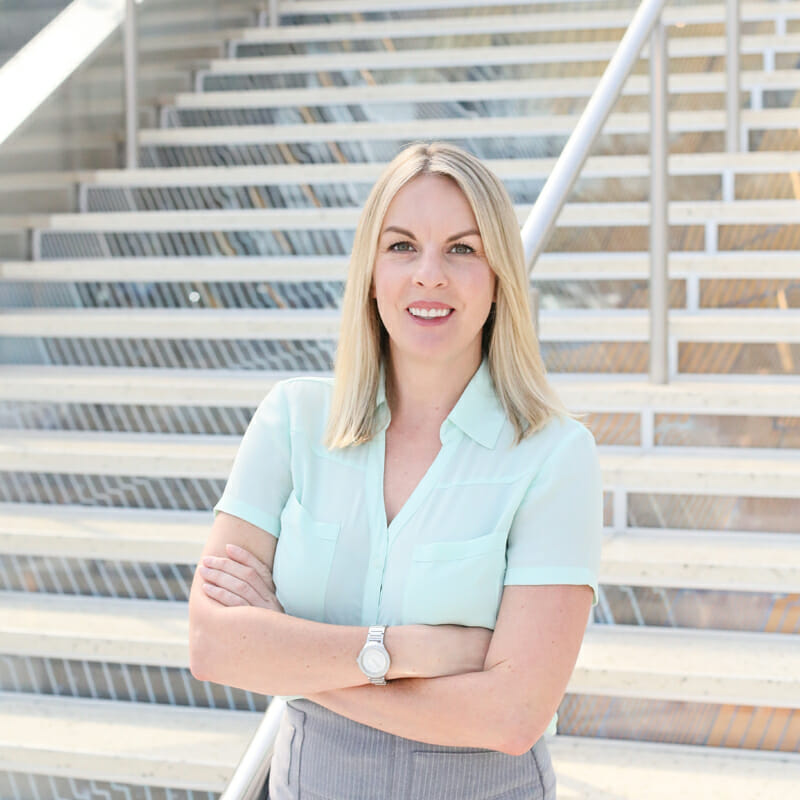Best Practices for Effective Problem Solving and More Successful Projects
Industrial Hygienists occasionally get urgent calls from a client, where we need to quickly form a plan and solve a problem. Acting quickly is an essential part of every industrial hygiene professional’s role. While we as professionals can be expected to be familiar with the contaminants which are the source of a complaint and have solid reference materials to advance our knowledge and understanding, it is excellent communication that ultimately determines if the best possible solution is being delivered.
Opportunities to leverage effective communication practices start the moment a client calls or emails. Understanding your own personal communication style and being aware of key best practices can help industrial hygiene professionals achieve better outcomes for their clients and advance their career development.
“Communication is a skill that you can learn. It’s like riding a bicycle or typing. If you’re willing to work at it, you can rapidly improve the quality of every part of your life.”
Brian Tracy
Effective Communication Tips for Industrial Hygienists
Actively Listen
This cannot be stressed enough. Industrial hygienists are intellectuals, we are compensated for knowing and understanding lots of very difficult concepts and scientific principles, but there is a time for sharing. The first step to effectively communicate is to listen to what others have to say. We should be listening to understand and not just to provide a response.
Be Engaged
This means connecting with your clients’ and coworkers. Be genuinely interested in what they are sharing with you. This can be difficult to do in the age of never-ending notifications and busy schedules. Paying full attention and giving someone your time for the duration of that conversation will make the interaction more meaningful for both and will ensure you don’t miss out on important details.
Stay Curious
It is important to stay curious in this profession. This means not introducing our own bias’s or making assumptions that we know what the problem is before we have heard all the details. Experience is invaluable to industrial hygienists, but we have to make sure we approach every project and every interaction with the same inquisitiveness we had on our very first day.
Be Patient
As industrial hygienists we are engaged in very difficult situations that create high levels of stress for all involved. Remember that your audience may not understand your science right away and you may have to find several different ways to communicate it to ensure they really comprehend.
Provide A Recap
After we have actively listened and engaged, it is always a great idea to recap your understanding of the conversation. Keep it to key points, use language that is relatable and doesn’t take a dictionary to decipher and deliver your information concisely, it will be appreciated and will help make sure you are on the same page.

How TRC Can Help
TRC’s experienced industrial hygienists are here to help you find the best solutions for your health and safety challenges. Our skilled team are highly effective communicators and have demonstrated critical information gathering and effective communication experience across our client base. We can help you develop targeted approaches and programs meeting the needs of all stakeholders.
Related Materials
Achieve New
Possibilities
Partner With TRC’s Tested Practitioners






















